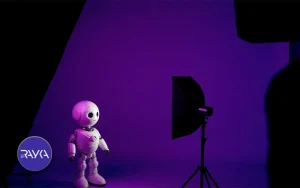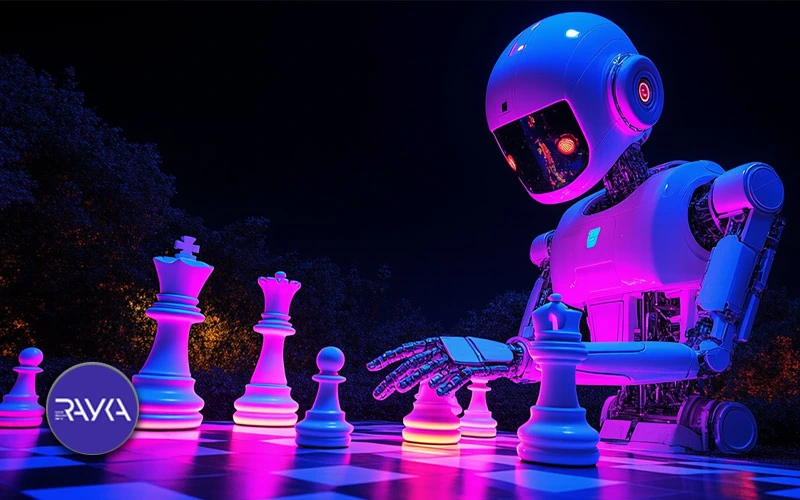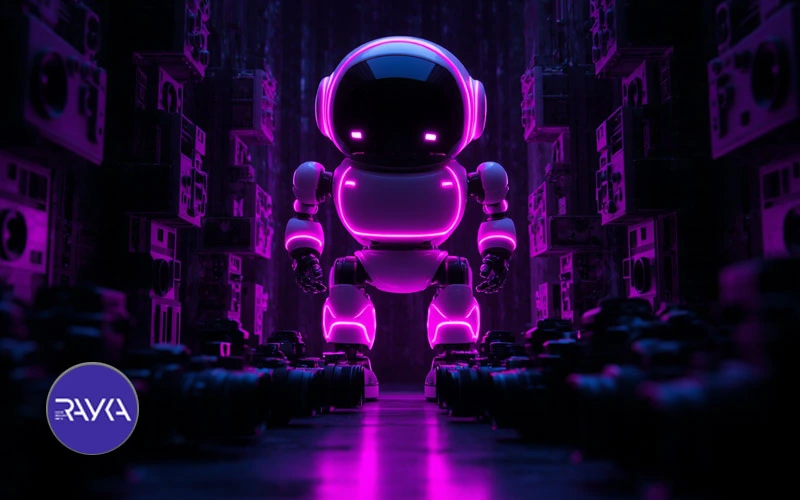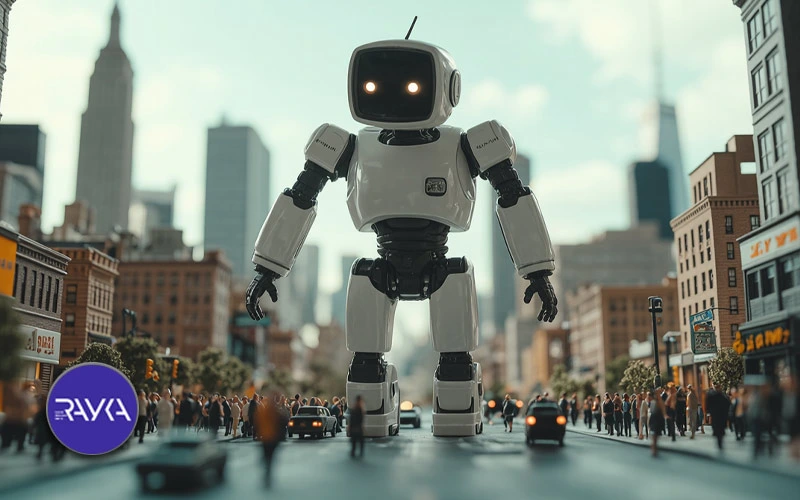
AI Promotional Videos are rapidly becoming a dominant force in the digital landscape. As audiences demand more engaging and visually stimulating material, businesses are under constant pressure to produce high-quality videos at scale.
Artificial intelligence (AI) offers a promising solution to this challenge, providing tools and techniques to automate and enhance various aspects of video creation. This paper will explore the transformative potential of AI Promotional Videos, examining their impact on engagement, efficiency, and overall marketing effectiveness.
In contemporary business practice, video marketing has transitioned from a supplemental tactic to an indispensable strategic component. Empirical evidence robustly demonstrates the superior engagement elicited by video content compared to textual or static visual formats. Scholarly research indicates a positive correlation between the integration of video on landing pages and conversion rates, with reported increases exceeding 80%. Moreover, social media platforms employ algorithms that prioritize video content, resulting in enhanced organic visibility and extended reach for participating organizations.
The integration of AI into video creation processes offers several key advantages:
Efficiency:
AI algorithms can automate repetitive tasks such as scene selection, audio synchronization, and visual effects, significantly reducing production time.
Cost-Effectiveness:
By minimizing the need for extensive human involvement, AI can lower production costs without sacrificing quality.
Scalability:
AI enables businesses to produce a large volume of videos quickly and efficiently, catering to diverse marketing campaigns and audience segments.
Personalization:
AI-powered analytics can analyze audience data and tailor video content to specific preferences, increasing engagement and conversion rates.
Improved Accessibility:
AI can automate the creation of captions and translations, making videos accessible to a wider audience.

The process of creating AI-powered promotional videos typically involves the following steps:
A foundational element of the AI-powered video creation process is a client consultation focused on aligning the video campaign with the client’s established brand identity, target audience, and marketing objectives. This requires thorough discussion and the precise definition of achievable goals.
Crafting a compelling narrative is essential for capturing audience attention. AI tools can assist in generating script ideas and creating storyboards based on predefined themes and keywords.
This stage involves utilizing AI algorithms to generate video content. AI tools can create visuals, select appropriate music, add text overlays, and apply special effects.
While AI automates much of the production process, human oversight remains critical. The video is reviewed by human editors who ensure quality, accuracy, and alignment with the client’s vision.
The final video is optimized for various platforms and distribution channels. AI analytics are used to track performance metrics and identify areas for improvement.

To maximize the impact of AI-generated videos, consider the following tips:
Optimize for Target Platforms:
Tailor videos to the specific requirements and preferences of each platform (e.g., social media, websites, email campaigns).
Incorporate Clear Calls to Action (CTAs):
Encourage viewers to take specific actions, such as visiting a website, subscribing to a newsletter, or making a purchase.
Utilize A/B Testing:
Encourage viewers to take specific actions, such as visiting a website, subscribing to a newsletter, or making a purchase.
Ensure Brand Consistency:
Maintain a consistent brand identity across all video content, including visuals, messaging, and tone.
While AI offers numerous benefits, it’s important to acknowledge its limitations. Current AI algorithms may struggle with complex creative tasks that require human intuition and artistic judgment. Additionally, ethical concerns related to AI-generated content, such as deepfakes and misinformation, need to be carefully addressed.
Despite the advancements in AI, human creativity remains essential in the video creation process. Human editors, scriptwriters, and designers play a crucial role in ensuring quality, originality, and ethical compliance. The most effective approach involves a collaborative partnership between humans and AI, leveraging the strengths of both.
While many tools offer automated video generation, Rayka takes it further with creative storytelling powered by AI. Designed for marketers, startups, and creators looking to boost engagement and increase conversions, Rayka has featured success stories including beauty brands, local campaigns, and Instagram-first launches. This is why top-performing marketers trust Rayka’s AI-enhanced video creation services.
The field of AI video technology is rapidly evolving. Future trends include:
Improved AI Algorithms:
More sophisticated AI algorithms will be able to generate more realistic and engaging video content.
Enhanced Personalization:
AI will enable greater personalization of video content based on individual viewer preferences.
Integration with Emerging Technologies:
AI video technology will be integrated with other emerging technologies such as virtual reality (VR) and augmented reality (AR).

AI has emerged as a powerful tool for creating promotional videos, offering significant benefits in terms of efficiency, cost-effectiveness, and scalability. By automating repetitive tasks and enabling personalized content creation, AI empowers businesses to engage their audiences more effectively and achieve their marketing goals. While challenges and limitations remain, the future of AI video technology is bright. The key to success lies in embracing a collaborative approach that combines the power of AI with human creativity and ethical considerations.
AI Promotional Videos are marketing videos created using artificial intelligence to automate scriptwriting, voiceover, animation, and editing.
They save time and cost, offer personalization, and make it easy to scale high-quality content across platforms.
AI may lack creative nuance, and quality depends on inputs; also, licensing and ethical use should be considered.